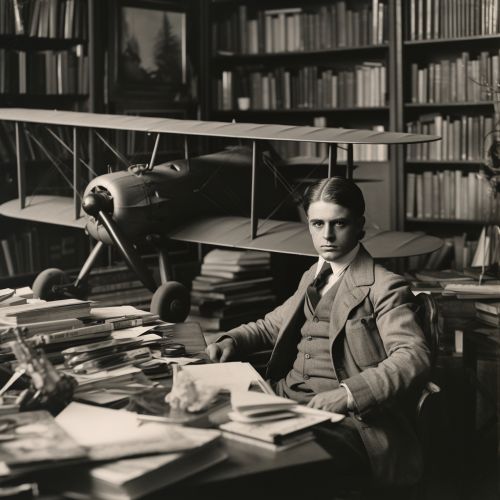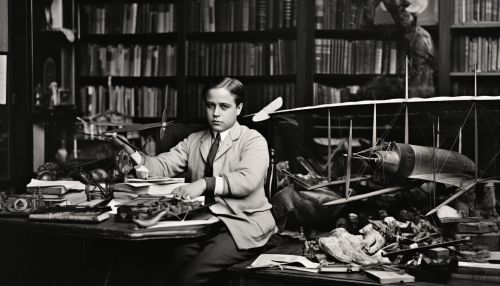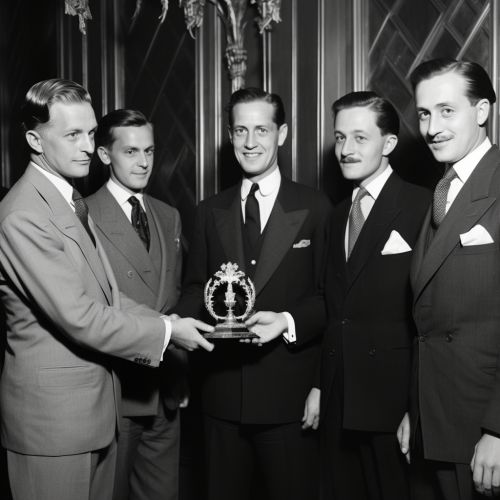Ludwig Prandtl
Early Life and Education
Ludwig Prandtl was born on February 4, 1875, in Freising, in the German Empire. He was the son of Alexander Prandtl, a professor of engineering mechanics at the Agricultural University of Munich. His mother, Johanna Prandtl, was a homemaker.
Prandtl attended the Ludwig Maximilian University of Munich, where he studied Mechanical Engineering. He graduated in 1899 with a degree in engineering. He then went on to earn his doctorate in 1901, under the guidance of Professor August Föppl, a renowned expert in the field of technical mechanics.


Career and Contributions to Fluid Dynamics
Prandtl's career began at the Machinenfabrik Augsburg-Nürnberg (MAN) in Augsburg, where he worked as an engineer. However, his interest in Fluid Dynamics led him to the University of Göttingen in 1904, where he was appointed as a professor.
At Göttingen, Prandtl made significant contributions to the field of fluid dynamics. He developed the concept of the Boundary Layer, which is a thin layer of fluid that forms along the surface of a solid body moving through a fluid. This concept is fundamental to understanding the behavior of fluids in motion and has wide-ranging applications in fields such as aeronautics, meteorology, and oceanography.
Prandtl also introduced the concept of Prandtl's Lifting Line Theory, which provides a mathematical model for predicting the lift distribution along the wings of an airplane. This theory is still used today in the design of aircraft wings.
In 1925, Prandtl was appointed as the director of the Kaiser Wilhelm Institute for Fluid Dynamics, a position he held until his retirement in 1953. During his tenure, he guided the research of many students who went on to become leading figures in the field of fluid dynamics.


Legacy and Honors
Prandtl's work has had a profound impact on the field of fluid dynamics. His theories and concepts are still widely used in the design and analysis of aircraft, ships, and other systems involving fluid flow.
Prandtl was honored with numerous awards and recognitions during his lifetime. He was elected a member of the Royal Society in 1926, and he received the Max Planck Medal in 1932 for his contributions to theoretical physics.
After his death in 1953, the German Aerospace Center established the Ludwig Prandtl Ring, an award given annually to individuals who have made significant contributions to the field of aerospace engineering.


